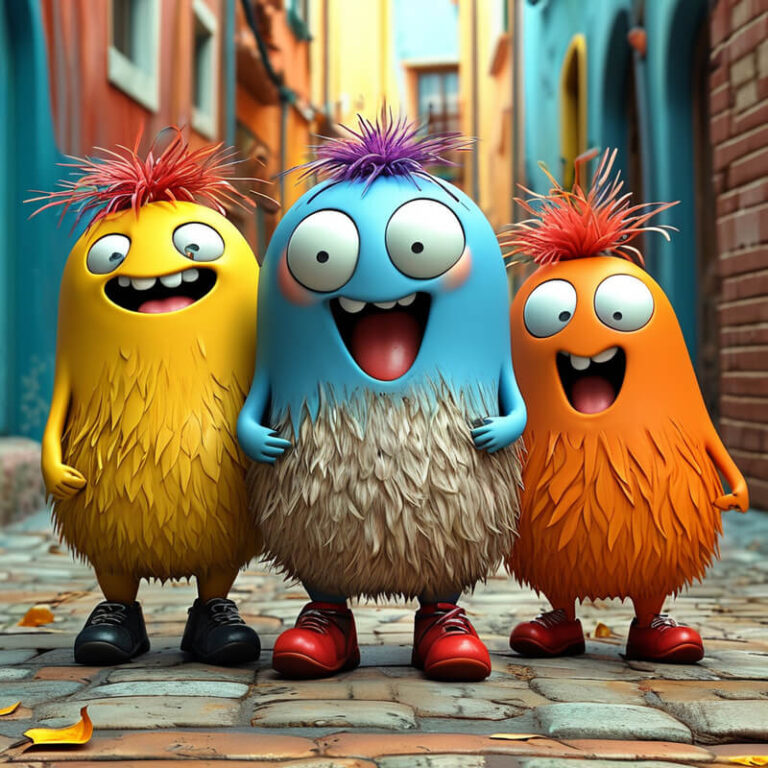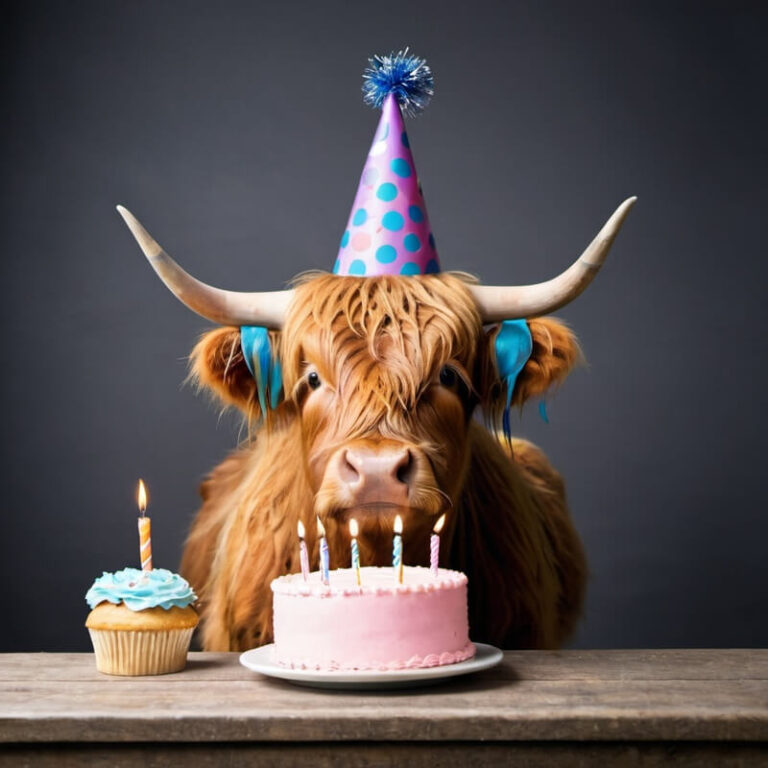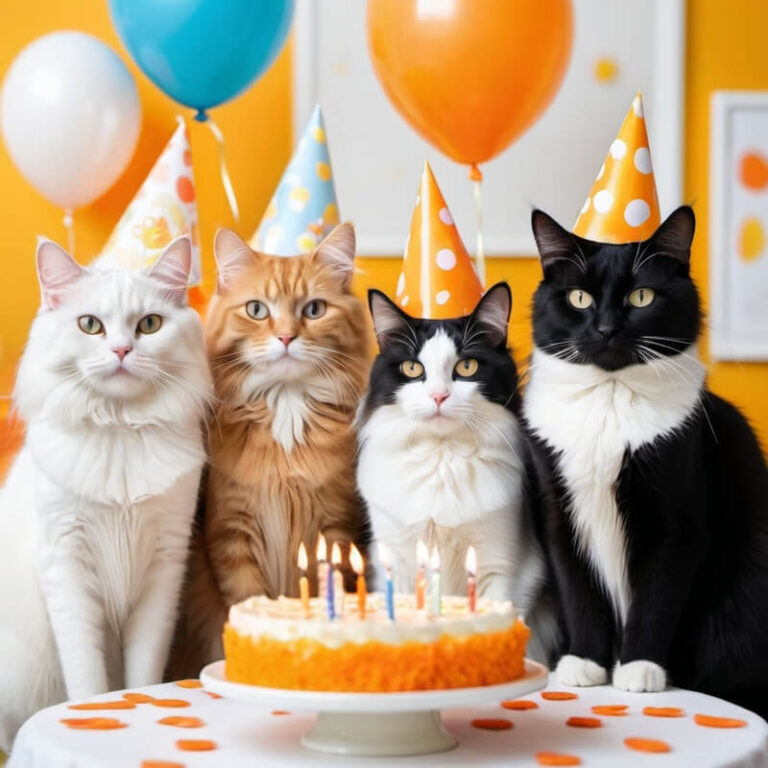The History of Birthday Celebrations
Birthdays are universally celebrated milestones that transcend cultures and historical eras. While the way we celebrate today may include cakes, candles, and parties, the history of birthday celebrations reveals fascinating traditions that have evolved over millennia. From honoring gods to marking personal milestones, birthdays offer a glimpse into humanity’s cultural and social dynamics.
Ancient Civilizations
- Egypt: The earliest recorded birthday celebrations date back to Ancient Egypt around 3,000 B.C.E. However, these were not personal birthdays in the modern sense. Instead, they marked the coronation of pharaohs, considered their “birth” as divine entities.
- Greece: Ancient Greeks adopted and adapted birthday celebrations, primarily to honor their gods. A notable tradition was the offering of moon-shaped cakes adorned with lit candles to Artemis, the goddess of the moon, symbolizing the light and power of her celestial domain.
- Persia: As described by Herodotus, the Persians viewed birthdays as the most important day of the year. Lavish feasts and grand celebrations marked the occasion, showcasing the value they placed on personal milestones.
Learn how random birthdays can inspire unique cultural storytelling with our Random Birthday Generator with Zodiac.
Roman Era
The Romans played a pivotal role in popularizing birthday celebrations. Initially, these events were exclusive to men and involved feasts and gift-giving. By the 12th century, women’s birthdays also became part of the tradition. Romans were among the first to celebrate personal birthdays beyond religious contexts, establishing practices that influenced future cultures.
Religious Perspectives
- Early Christianity: For early Christians, birthdays were initially viewed as pagan rituals. This perspective stemmed from the association of birthdays with Roman and Greek gods. By the fourth century, however, this stance softened, especially with the introduction of Christmas, aligning the celebration of Jesus’ birth with Roman festivals like Saturnalia.
- Medieval Europe: During the Middle Ages, nobility began celebrating personal birthdays, while commoners typically observed their “Saint’s Day.” This day corresponded to the feast day of the saint they were named after, blending religious observance with personal milestones.
Asian Traditions
- China: Traditional Chinese birthday customs focused on longevity. Calculated using the lunisolar calendar, celebrations often included consuming longevity noodles and drinking rice wine. In modern times, Western-style birthday cakes and parties have gained popularity, particularly in urban areas.
- Japan: Before the Meiji Reforms, Japanese birthdays followed the Chinese lunisolar system. Today, influenced by Western practices, birthdays are celebrated with cakes, candles, and singing, especially for children.
- Korea: Korea’s unique age reckoning system, used until mid-2023, considered individuals a year old at birth and added a year every Lunar New Year. Traditional first-birthday celebrations like Doljanchi remain significant, though modern celebrations increasingly resemble Western customs.
Discover more about unique birthday traditions worldwide in our article: The Significance of Birthdays Around the World.
Modern Birthday Celebrations
Globalization and the Industrial Revolution have profoundly shaped birthday traditions. The rise of the middle class in the 18th century popularized birthday parties, while advancements in manufacturing made candles, decorations, and cakes more accessible. Today, birthdays are celebrated worldwide, often blending local traditions with universal elements such as gift-giving, parties, and wishes.
For party inspiration, check out Birthday Party Ideas Tailored for Every Age Group.
Conclusion The history of birthday celebrations is a testament to humanity’s enduring desire to mark personal milestones and honor individual lives. From ancient rituals to contemporary parties, birthdays have evolved to reflect cultural exchanges and societal changes, uniting people across the globe in a shared tradition of joy and reflection.
For a fun and interactive way to explore birthdays, try our Random Birthday Generator with Zodiac.







